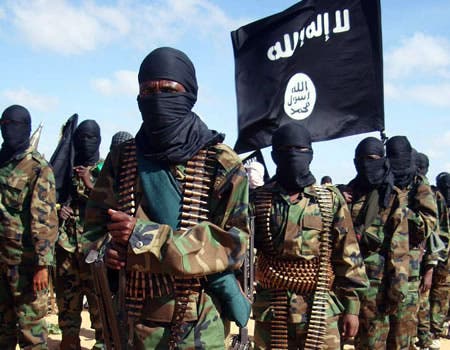The Federal Government has said schools in 14 states and the Federal Capital Territory, Abuja, are at risk of attacks by bandits and insurgents, following the resurgence of the mass abduction of pupils.
The National Coordinator of Financing Safe Schools in Nigeria, Hajia Halima Iliya, confirmed on Sunday, that the data of at-risk schools had been collected for intervention.
Iliya declined to identify the states, but the Commander of the National Safe Schools Response Coordination Centre, Nigeria Security, and Civil Defence Corps, Hammed Abodunrin, said they included Adamawa, Bauchi, Borno, Benue, Yobe, Katsina, FCT, Kebbi, Sokoto, Plateau, Zamfara and three others.
No fewer than 465 pupils, teachers, and women abducted in the past week are still in the custody of their captors.
Fifteen pupils of an Islamiya school in Sokoto State were kidnapped in the early hours of Saturday, less than 72 hours after 287 schoolchildren and teachers were abducted from the LEA primary school and the Government Secondary School both at Kuriga, in the Chikun Local Government Area of Kaduna State.
However, 28 of them were on Sunday reported to have escaped 259 in captivity.
A few days before the Kaduna incident, 200 female Internally Displaced Persons were taken away by terrorists in Borno State.
The women were kidnapped in Ngala, the headquarters of Gambarou Ngala in Borno state while fetching firewood in the bush.
On Sunday, there were reports that nine of them had regained freedom remaining 191 in captivity.
Penultimate Thursday, bandits abducted an undisclosed number of people in the Gonin-Gora community in the same Chikun LGA of Kaduna, prompting residents to barricade the Kaduna-Abuja Expressway in protest.
As a response to the April 2014 abduction of the Chibok school girls, the Safe Schools Initiative was launched by the United Nations Special Envoy for Global Education, Gordon Brown, alongside the Nigerian Global Business Coalition for Education and private sector leaders at the World Economic Forum Africa.
The initiative entails a combination of school-based interventions, community interventions to protect schools, and special measures for at-risk populations.
The Federal Government inaugurated the Safe Schools Fund with a $10m contribution and another $10m pledge from the private sector.
In further support for the programme, the Federal Government budgeted N15bn for the SSI in the 2023 fiscal year.
Speaking on the programme on Sunday, Iliya explained that the implementation of the SSI had started in several states.
Responding to questions on what was being done to fortify schools against bandit attacks, she said, “The project has taken off. We commenced implementation in 2023 with the flag off of the National Safe Schools Response Coordination Centre, which we intend to replicate at state and local government levels.
“The states have selected most at-risk schools in each senatorial zone for the implementation of National Plan on Financing Safe Schools Programme (2023-2026).’’
In response to the development, the coordinator explained that state governors had expressed plans to provide funding for the SSI for the protection of pupils and teachers in the identified locations.
She added, “Some states have made provision for the Safe Schools Programme in their 2024 budget in line with the National Plan. We intend to engage the states to guide them through the implementation.
“We’ve communicated to all the states; letters have been written for inclusion of Safe Schools in their budget and for them to select the most at-risk schools. More than 11 states have responded. The budget from states is for them to work on physical infrastructure such as fencing state schools and put other control measures.’’
Iliya further disclosed that the Federal Ministry of Education and the NSCDC had conducted some training for their men, adding that the Nigeria Police had trained senior officers, including all divisional police officers across the country on Safe Schools.
According to her, the security forces have commissioned equipment that would be deployed to various state commands for the operations.






